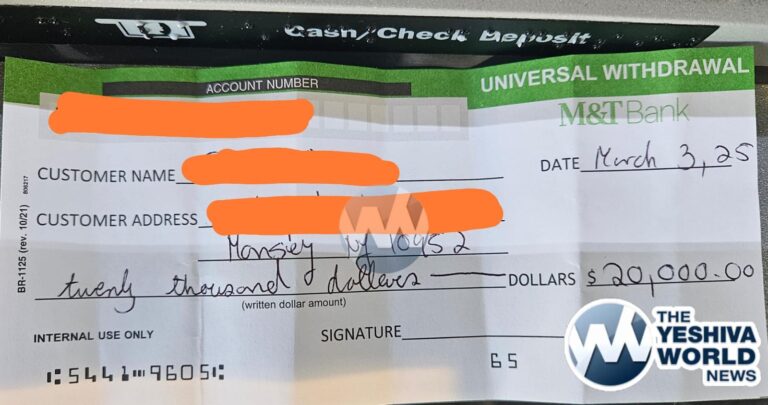The need for efficient and reliable payment solutions has become more pressing as businesses increasingly embrace digital currencies. While cryptocurrencies like Ether (ETH) or Bitcoin (BTC) have gained popularity, their high volatility poses challenges for business transactions. For companies seeking stability and convenience, stablecoins offer a robust solution. These digital assets provide the best of cryptocurrencies — speed, security, and global reach — while maintaining price stability, making them ideal for everyday business payments. As businesses look to ramp crypto transactions efficiently, stablecoins stand out as the perfect tool for seamless on- and off-ramping between fiat and digital assets.
What Are Stablecoins?
Stablecoins are a type of cryptocurrency designed to minimize price volatility by pegging their value to a stable asset. Unlike traditional cryptocurrencies, whose prices fluctuate significantly, stablecoins are structured to maintain a consistent value. There are several types of stablecoins, each backed by different types of collateral:
-
Fiat-collateralized stablecoins are backed by a reserve of fiat currency, such as USD or EUR. The most common example is USDT (the price of the stablecoin holds a 1:1 ratio with the dollar).
-
Commodity-collateralized stablecoins are supported by reserves of physical assets, such as gold or other commodities.
-
Cryptocurrency-collateralized stablecoins are backed by other cryptocurrencies, usually over-collateralized to account for the volatility of the underlying assets.
-
Algorithmic stablecoins are the type of stablecoin that relies on a system of algorithms and smart contracts to control supply and demand and maintain a stable price.
Why Accepting Stablecoins in Business is a Good Idea
Businesses that adopt stablecoins as part of their payment solutions can experience several advantages:
-
Automation and smart contract integration. Stablecoins are compatible with blockchain-based smart contracts, allowing for automated payments, escrow services, and seamless execution of business agreements. This reduces the need for intermediaries, lowers costs, and accelerates transaction times.
-
Improved cash flow. Business payments with stablecoins offer an efficient alternative to traditional banking systems. By avoiding the delays associated with cross-border transactions and high fees from payment processors, businesses can improve liquidity and cash flow.
-
Market accessibility. Stablecoins make it easier for businesses to access global markets. Since they are tied to a stable value, companies can accept payments from international clients without worrying about currency fluctuations. This is especially beneficial for businesses operating in multiple jurisdictions or countries with volatile fiat currencies.
How to Start Using Stablecoins for B2B Payments?
To begin using stablecoins for B2B payments, businesses first need to set up a digital wallet that supports the stablecoin of their choice. Many wallets are compatible with popular stablecoins like USDC or USDT. Once the wallet is established, businesses can acquire stablecoins either by purchasing them directly through a crypto exchange or by using ramp services to convert fiat into stablecoins. After that, stablecoins can be easily integrated into invoicing and payment systems, enabling seamless, cross-border transactions with other businesses. Additionally, companies can leverage smart contracts for automated, secure payments, reducing administrative burdens while enhancing transaction efficiency.
Offering the speed and security of cryptocurrency without the volatility, stablecoins provide a stable and reliable solution for business transactions. By accepting stablecoins, businesses can enhance cash flow, improve automation through smart contracts, and access global markets more easily.










